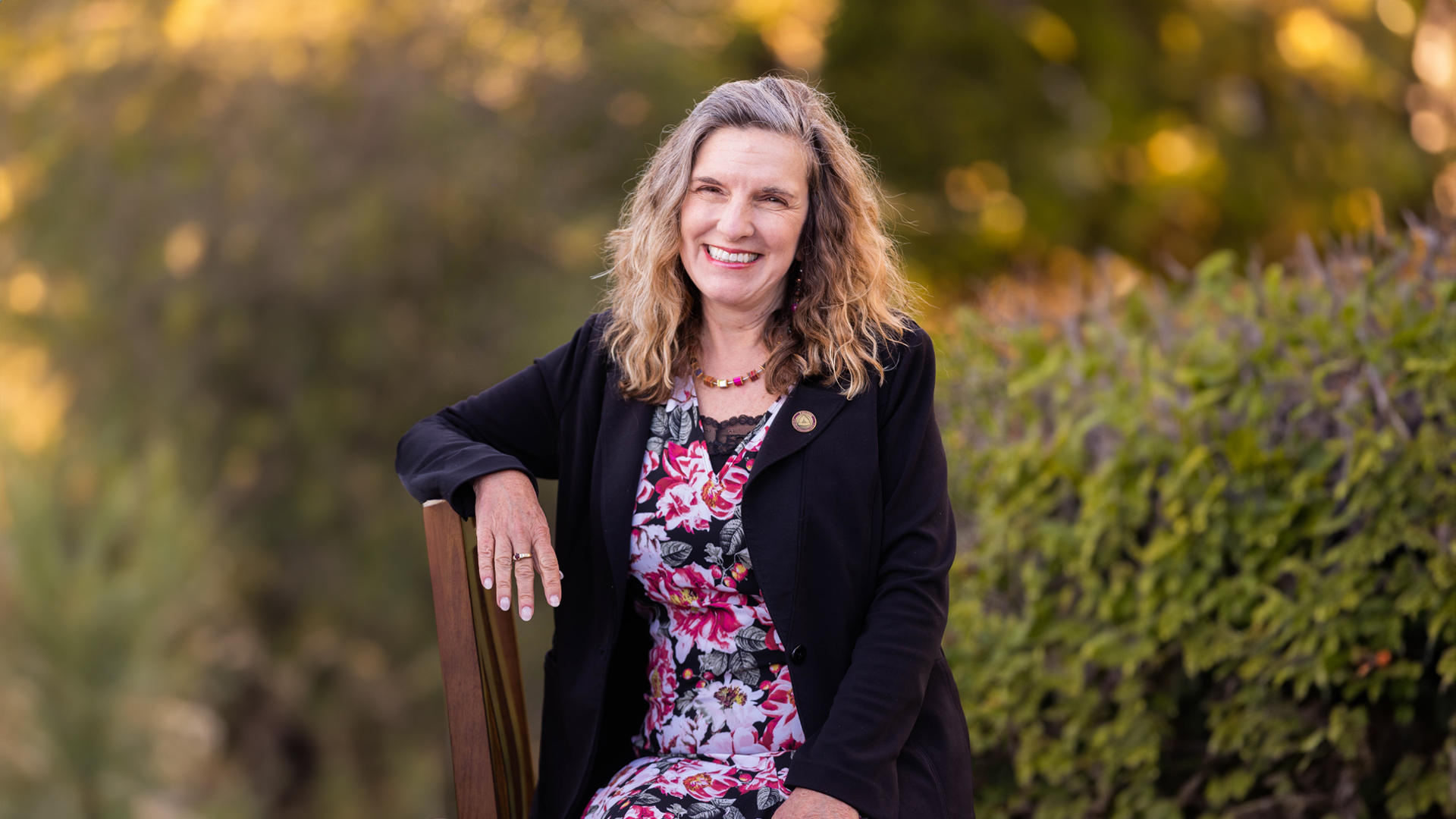Clinical Psychology doctoral student Grier Potter presented a poster at the New England Psychological Association (NEPA) Conference at Springfield College in Springfield MA. The paper shared findings from a Fielding research team about age-based biases in the diagnoses of older adults and was very well received. As one of the region’s most renowned associations for psychology technology and research, NEPA has been fostering psychological knowledge since 1963. Partnering with NECTOP, NEPA is a leader in advancing educational standards in the field of psychology.
I was very happy to represent Fielding at this regional conference. This is the third conference I presented at this year, following a paper I gave at ‘Psychology and the Other’ in London in July, and participating in a panel with Fielding students and faculty at the Society for Qualitative Inquiry in Psychology in June.
Being at Fielding has given me unparalleled opportunities to participate in clinical research and become part of the broader academic discourse. I’m incredibly proud of the remarkable work done with my colleagues at Fielding. In addition, I was honored to have some of my travel for these conferences supported by a Fielding Research Grant, which enabled me to present new findings both nationally and internationally. — Grier Potter, doctoral student in Clinical Psychology
Research Abstract
The American Psychological Association has mandated training with older adults (those 65 and older) since 2004, in part because of the rapid growth of this population. However, only a minority of clinical psychologists receive adequate training and education to meet the specific developmental needs of older adults. This lack of preparedness likely contributes to the persistence of ageist biases among psychologists. Ageism, defined as prejudice or discrimination based on a person’s age, negatively impacts older adults by contributing to adverse outcomes across a range of medical and psychological conditions.
This study sought to examine possible ageist biases among clinical psychologists. Participants (55 clinical psychologists) were randomly assigned to read one of three vignettes that were identical except for the hypothetical patient’s identified age (55 years old, 75 years old, or no age specified). After reading the vignette, participants were asked to respond to three prompts. First, to answer an open-ended question: “Please indicate which psychological diagnosis is most likely for this patient.” Second, to rate their confidence in their diagnosis using a 10-point Likert scale. Third, to rate the severity of several relevant diagnoses (Major Depressive Disorder (MDD), Neurocognitive Disorder due to Alzheimer’s Disease (NCD due to AD), Mild Cognitive Impairment (MCI), Generalized Anxiety Disorder (GAD), Post-traumatic stress disorder (PTSD)) on a scale of not present, mild, moderate, or severe.
ANOVA and chi-square analyses showed that participants had significantly less confidence in their diagnosis in the 75-year-old-age condition than in the 55-year-old or no-age condition. Participants were also significantly more likely to endorse the presence of mild or moderate CD in the 75-year-old age condition than in the 55-year-old or in the no-age condition. Finally, participants were significantly more likely to endorse the presence of mild or moderate NCD in the 75-year-old age condition than in the 55-year-old or no-age condition. 10% of participants diagnosed the patient with Alzheimer’s Disease or Dementia in the 75-year-old condition vs. 6.70% in the 55-year-old and 0.00% in the no-age condition, though statistical significance was not reached.
These findings suggest that, despite American Psychological Association’s requirement for competence in geropsychology, psychologists remain unprepared to confidently diagnose this population and that they can be subject to ageist biases. This highlights the continuing need for training and clinical experience with this population.
About PhD Student Grier Potter

Grier Potter, Clinical Psychology doctoral student
Grier H. Potter is a doctoral candidate in clinical psychology at Fielding Graduate University. She is currently training at Bridgewater State Hospital, practicing individual and group therapy, and conducting neuropsychological assessments. Her research interests include the sibling relationships of psychologists and unconscious biases in clinical practice. She received an MA in Forensic Psychology from New York University (NYU), an MA in Business Administration from the University of Virginia (UVA), and a BA in English Literature from Boston College.
Join Over 7,500 Fielding Alumni Located Around The World!
Change the world. Start with yours.™






Get Social